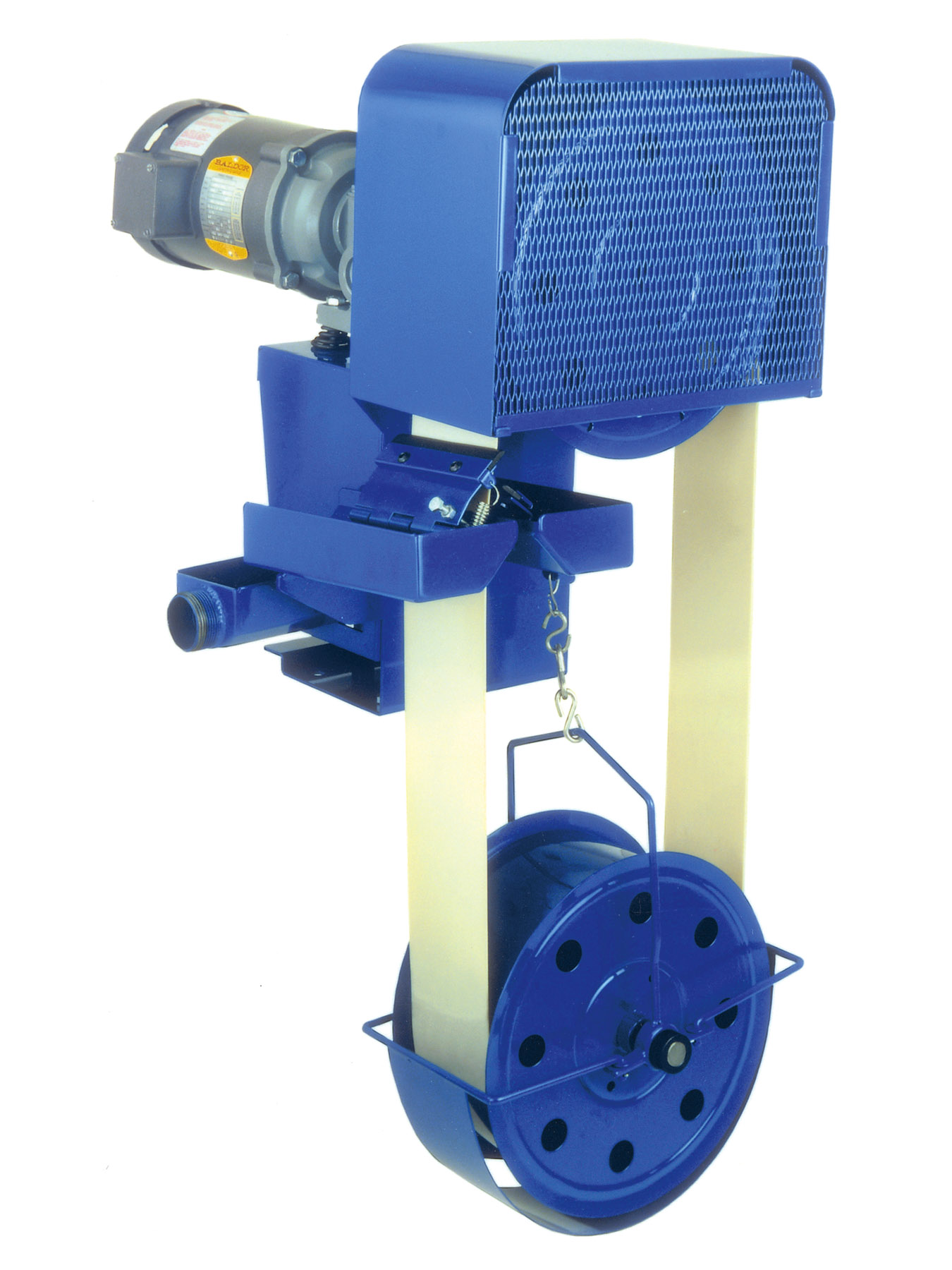Abanaki - helping you go the extra mile
With strict EA laws in place, it is required that vehicle dismantlers are responsible for any pollutants, otherwise, failure to do so can result in hefty fines.
When it comes to oil, the main goal for vehicle dismantlers is to keep the oil from reaching any natural water source. To do this, site operators must keep the pits or interceptors clean. Should the interceptors become too full, there is the chance that the oil or hydrocarbons can leech into the groundwater, which can cause an environmental disaster. It’s also crucial to keep the interceptors clean in case there is ever a flood. Heavy rainwater can cause the interceptors to run over and again seep into the nearby groundwater.
Emptying interceptors is a job that can be messy, time-consuming, and labour intensive. Additionally, it can also be very expensive.
So, what is a good option for emptying an interceptor?
Abanaki’s oil skimmers come to mind, one such piece of kit is the Model 4 oil skimmer.

This piece of kit is a dependable and effective means of removing oil from water and water-based solutions and can be used in tanks with depths as shallow as 0.3mt, or as deep as 30mt. It utilises a continuous belt and wiper to remove up to 60 litres of oil per hour from the fluid surface. The belt, operating on a motor and pulley system, runs through contaminated liquid to pick up oil from the surface. After travelling over the head pulley, the belt passes through tandem wiper blades where oil is scraped off both sides of the belt and discharged. The tail pulley has flanges that allow it to roll freely on the inside of the belt without becoming dislodged. It requires no bearings and does not need to be fastened to the tank. If turbulent conditions exist, an optional tether and cage assembly prevent the tail pulley from being dislodged.
Graham Smith, UK Sales Manager at Abanaki, highlights the benefits of why vehicle dismantlers should opt for their products: 
“For over 10 years, I have been going to ATFs throughout the UK to help find solutions for their drainage systems and to help them stay compliant with EA regulations. In this time, I have seen many changes towards the responsibilities that vehicle recyclers have made towards keeping their yards more sustainable, following good practice and working more efficiently.
Although the past year or so has been difficult for many, what has been encouraging is how many yard owners have been utilising those quieter months to find out more about how they can improve their yards.
Why Choose an Oil Skimmer?
Oil skimming makes use of the differences in specific gravity and surface tension between oil and water. These physical characteristics allow the belt to attract oil and other hydrocarbon liquids from the surface of the fluid. Often, oil skimming by itself will reduce oil to an acceptable level of water purity. Depending on the characteristics of the liquid, it is possible for oil skimmers alone to reduce oil content to less than five parts per million in water. The unit can be used as a pretreatment before filtration and in conjunction with coalescing systems as part of an industrial wastewater treatment plan. Oil skimmers offer a cost-effective and environmentally sound solution to oil in water problems.
Some of the key benefits in utilising the Model 4 are that it is simple to use, it alleviates some of the burden of day to day tasks, and it is very easy to train someone on how to operate the skimmer. In terms of cost, the Model 4 makes drastic improvements at keeping costs down.

Dave Horsnell, Owner of DLH Auto Recyclers, based in Norfolk, owns and uses an Abanaki Model 4 oil skimmer and here’s what he had to say about this piece of kit:
“After seeing the model 4 oil skimmer demonstrated at various trade exhibitions, I could see the benefits of having this type of equipment installed in our own drainage system. The Skimmer is easy to install and removes all oil that finds its way into our oil and water separator. When you turn it on, it just gets on with the job of removing the oil, and since its installation, we have not needed a contractor to pump out any waste oil from our tank, which is a big saving. I now see this piece of equipment as essential for the modern-day dismantler’s drainage system.”
To learn more about the oil skimming technologies that Abanaki offers, call Graham Smith at +01179 616679 or email This email address is being protected from spambots. You need JavaScript enabled to view it. or visit www.abanaki.co.uk

